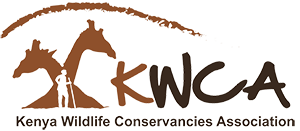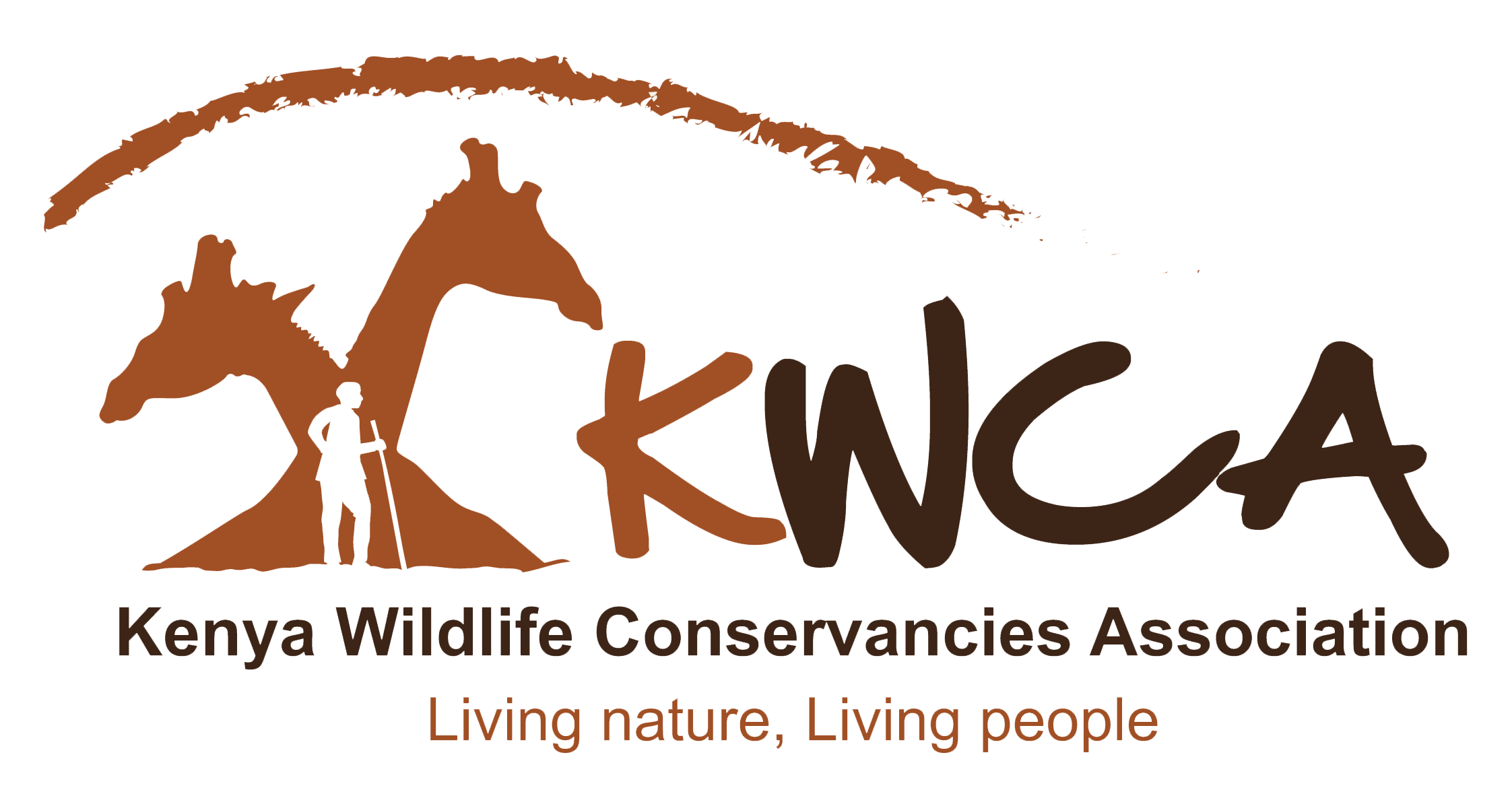Request For Expression Of Interest(EOI) for Design and Set Up of a Conservancies Small Grants Fund to Support Conservancies In Kenya
The Request For Expression Of Interest(EOI) for design and set up of a conservancies small grants fund was advertised by the Ministry of Tourism and Wildlife in the local dailies on 9th November in the local dailies. The advert is available on this Small Grants Facility
1.0 Introduction
The Ministry of Tourism and Wildlife through the State Department for Wildlife, is leading the implementation of Global Environment Facility- (GEF-UNDP) funded project, ‘Combating Poaching and Illegal Wildlife Trafficking in Kenya through an Integrated Approach- Kenya Illegal Wildlife Trade (IWT-Kenya)”. The project seeks to address legal, policy, and institutional gaps and responding to threats of illegal wildlife trade. A key intervention towards realising the goal of this project is strengthening community wildlife conservancies, by designing a Small Grants Fund for Conservancies in Kenya to be operationalised through the Kenya Wildlife Conservancies Association (KWCA).
The Conservancies Small Grants Fund, is intended to offer sustainable micro-financing to wildlife conservancies, with target on developing new, nascent and needy conservancies that are underserved by existing competitive financial models, thus enabling increased benefits to the local communities in IWT hotspots as a mechanism of reducing IWT in Kenya. The fund shall be piloted initially in two landscapes, the Mara and Taita, whose respective conservancies associations are co-implementers of the GEF-UNDP funded project, and will further be scaled up to other landscapes across the country.
2.0 Background of the Consultancy
Wildlife conservancies in Kenya have been recognised as effective community lead initiatives in mitigating against human wildlife conflict and addressing Illegal wildlife trade. There are currently over 160 community and private wildlife conservancies covering more than 6.35 million hectares, directly impacting the lives of 930,000 households and securing the 65% of the country’s wildlife that is found outside national parks and reserves. The network of community and private conservancies employ community rangers as eyes, ears and feet on the ground to enforce conservancy management roles. Beyond conservation of wildlife, the conservancies represent a strong mechanism to promote wildlife stewardship and custodianship by indigenous people, local communities and landowners that share land with wildlife and that they are the main mechanism for securing wildlife space, connecting habitats, and buffering parks and reserves in Kenya. Moreover, conservancies provide primary mechanism for expanding benefits to rural communities impacted by human-wildlife conflict.
Despite the significant growth of conservancy movement in the country, their operations and conservation interventions are largely constrained by lack of access to sustainable long-term financing. Existing conservancies support is largely through competitive donor grants and private tourism investments both of which may only be accessible to well established or conservancies within tourism circuits, hence technically difficult to obtain for majority of conservancies. The expansion of conservancies in Kenya is further curtailed by limited access to start-up funds, which majority of development partners shy-off from supporting. Such start-up funds, if available, are often designed not to fit the needs of the communities nor facilitate long-term and sustained development. While the conservancies provide an opportunity to address IWT challenges lack of accessible and sustainable financial support, inequitable spread of existing funding sources and lack of funds to invest in nature-based enterprises affects the performance of conservancies as a tool for enhancing benefits to local communities, and limit scale-up of conservation and community development outcomes.
Wildlife conservation funding by the national government has over the years focused on State protected areas- Parks and Reserves, with inadequate support to conservancies. However, the Kenyan government, through Section 23 of the Wildlife Conservation and Management Act 2013, is establishing a national Wildlife Conservation Trust Fund, to support national parks, reserves and conservancies. The sources its funds are appropriations by Parliament, fees levied from the payment for ecosystem services, and investments made by the Fund Trustees. While the Conservation Trust Fund is a key first step by the Government towards financially supporting parks, reserves and conservancies, the Fund, in its early stage of development, may not be adequate to meet the needs of the conservancies and thereby limited to address the challenges faced by nascent and emerging conservancies.
The Conservancy Small Grant Fund is envisaged to leverage sustainable financing for conservancies through grant and credit mechanisms, by reaching out to the vast networks of government agencies, development partners, conservation and development NGOs, private sector, charities and philanthropist to grow the facility. The Fund shall primarily target support in development of new conservancies, with the higher objective of enabling Kenya realise the new global conservation targets of 30% land area by year 2030. The fund will also support nascent and needy conservancies in their operations and core conservation interventions.
The Kenya Wildlife Conservancies Association (KWCA), the national umbrella membership organisation of conservancies, one of the national institutions supporting the implementation of the Kenya Illegal Wildlife Trade (IWT) project is partnering with the State department for Wildlife to oversee the designing and development of the Conservancy Small Grant Fund. KWCA works to catalyse the growth of conservancies by advocating for enabling policies, laws and incentives, supporting them through information sharing, and capacity building and serves as conservancies’ collective voice.
3.0 Scope of the Consultancy.
The Ministry of Tourism and Wildlife, State Department for Wildlife is seeking to engage a consultant on behalf of KWCA, to provide technical support for the establishment of the Conservancy Small Grant Fund through the following steps:
- Undertake a needs assessment to identify the funding gaps;
- Design the governance and management structures of the Fund;
- Recommend the grants management framework including on-granting guidelines and eligibility criteria);
- Design the financial model, reporting and monitoring framework of the Fund; Scope of the Fund;
- Recommend a viable legal mechanism for the Fund by considering available options that best meet the needs of funding partners and beneficiaries;
- Recommend partners (financial and technical) partners to support operationalisation of the Fund and the characteristics of beneficiaries of the Fund;
- Identify potential sources of funds for the Fund; and
- Facilitate stakeholders’ engagement including validation workshops for the Fund, to benefit from input from the beneficiaries and other relevant stakeholders.
4.0 Expected deliverables
- Inception report
- Comprehensive Conservancy small grant fund framework
5.0 Required Qualifications
Minimum of Bachelor’s degree in areas of Conservation Finance, law, Environmental governance or any other related field, with biodiversity conservation as an added value; 7 years’ experience in developing grant facilities, endowment funds, trust funds; and Excellent communication and writing skills.
6.0 Submission of Expression of interest
Interested Consultants may obtain the Terms of Reference from the Ministry of Tourism and Wildlife website www.tourism.go.ke or the National Treasury suppliers’ portal www.treasury.go.ke
Duly completed expression of interest documents in plain sealed envelopes clearly marked “Design and Set up of a Conservancies Small Grants Fund To Support Conservancies in Kenya” and bearing no indication of the identity of the Consultant should be addressed to The Principal Secretary, State Department for Wildlife, P. O. Box 41394 – 00100, and be deposited into the tender box at the reception of State Department for Wildlife, NSSF Building, Block-A, Eastern Wing, 15th Floor, on or before 12:00 Noon, on 23rd November, 2021.
Bids will be opened immediately thereafter in the presence of consultants or their representatives who choose to attend.

